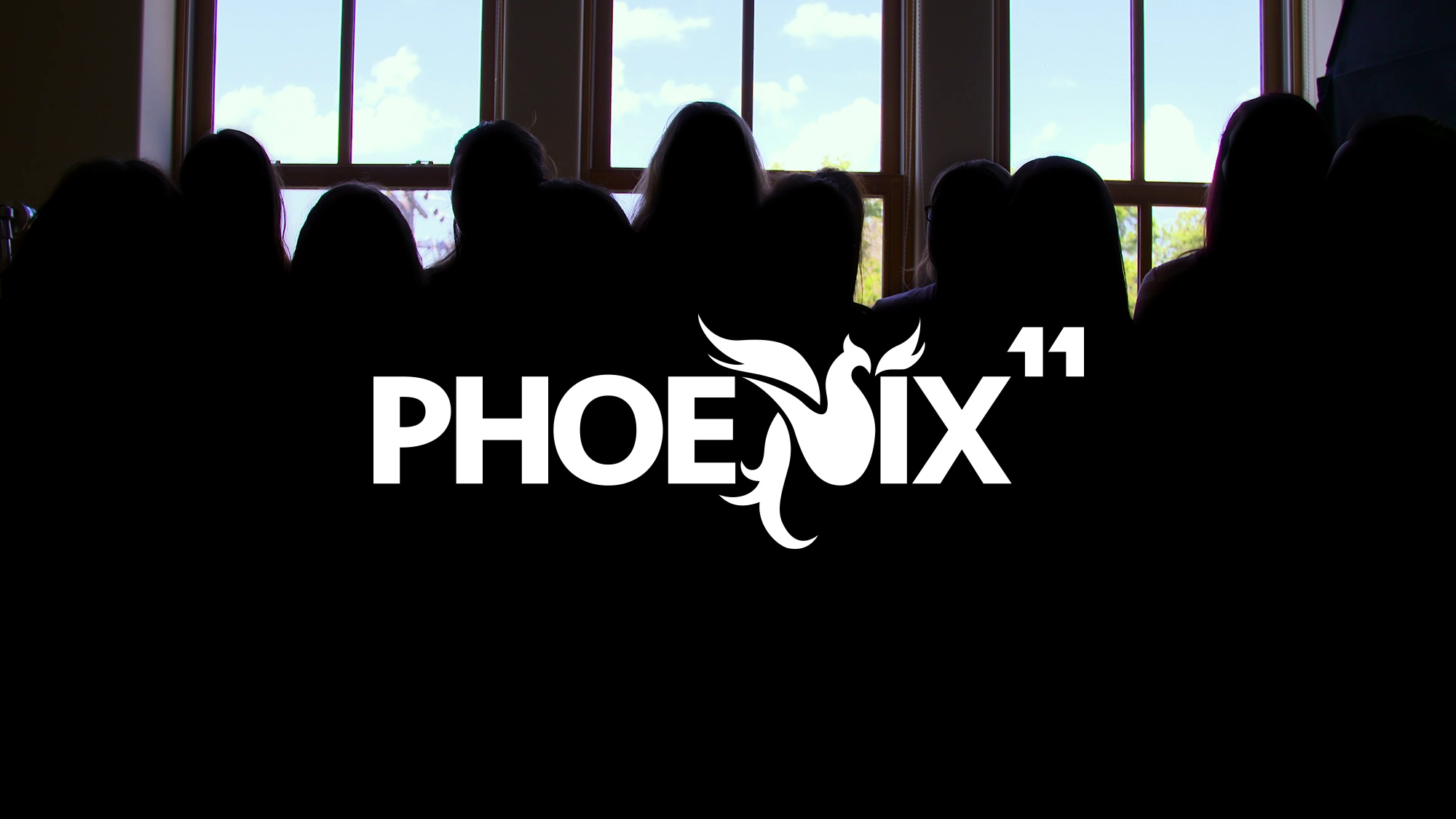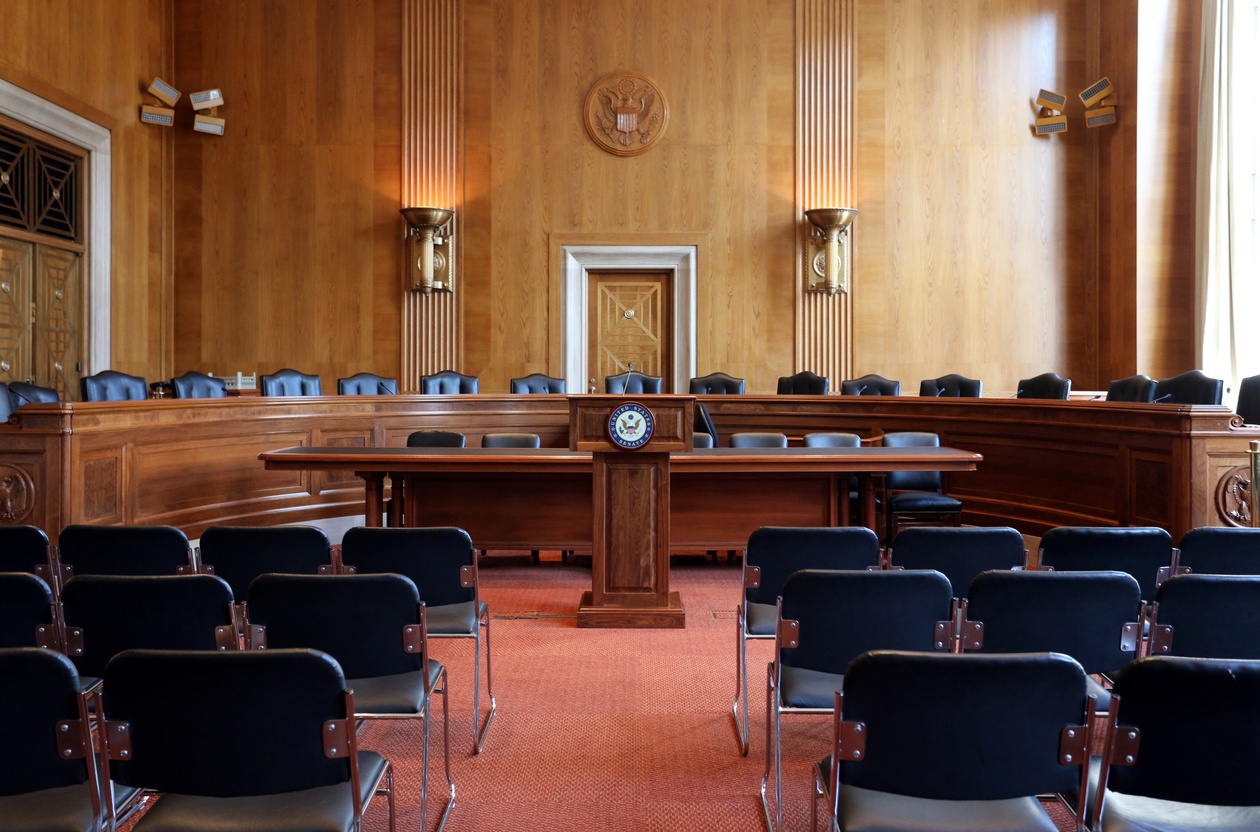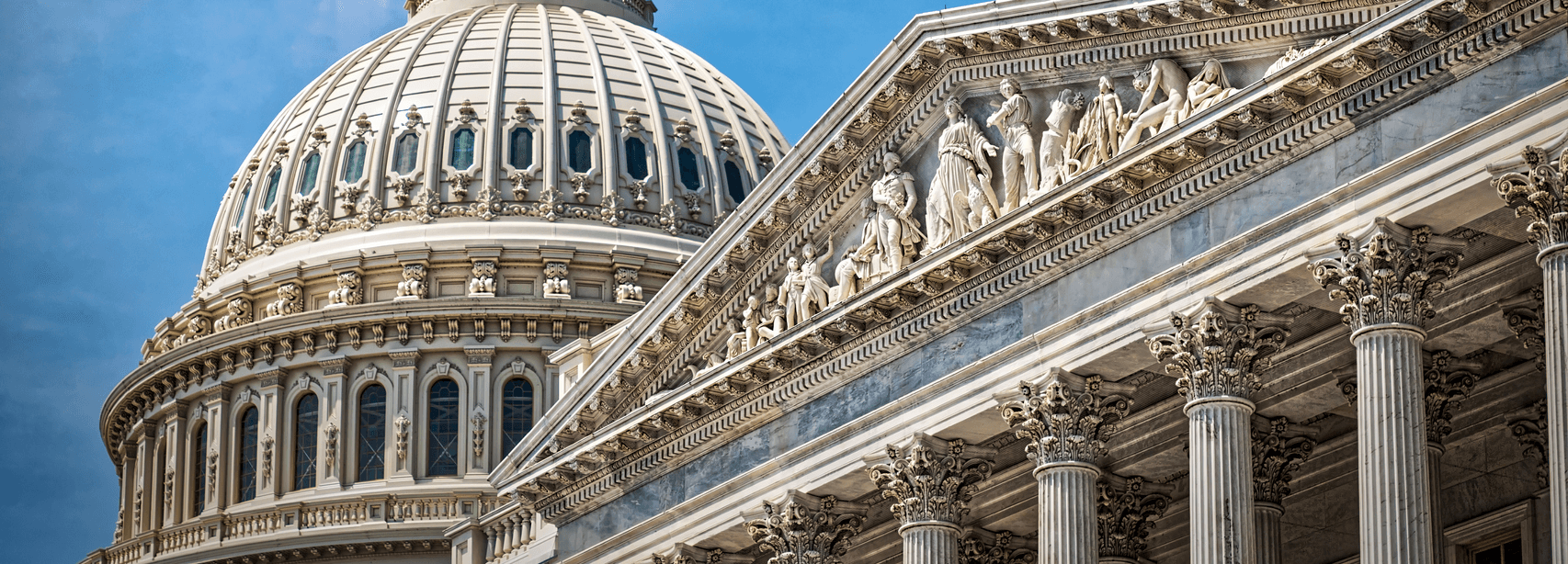On Thursday, February 10, 2022, the Earn It Act of 2022 was voted out of the Senate Judiciary Committee by unanimous consent. Although no senators on the Judiciary Committee objected to the bill’s passage to the floor, multiple lawmakers, including ...
WASHINGTON – U.S. Senators Lindsey Graham (R-South Carolina) and Richard Blumenthal (D-Connecticut) today reintroduced bipartisan legislation to encourage the tech industry to take online child sexual exploitation seriously. The Eliminating Abusive and Rampant Neglect of Interactive Technologies Act (EARN IT Act) ...
We are the Phoenix 11 11 survivors of child sexual abuse and child sexual abuse material that in most cases has been distributed on the Internet. Today, we speak for a collective of survivors—many of whom will never be identified or ...
Yesterday, award winning New York Times opinion columnist Nicholas Kristof published a hard-hitting piece on the prevalence of child pornography on Pornhub. Last year, the New York Times did some groundbreaking in-depth investigative reporting on the prevalence of child pornography ...
In a dramatic and groundbreaking markup of the proposed Earn It Act of 2020, tomorrow the Senate Judiciary Committee will revise S. 3398 to carve out child sex abuse material from the almost 25-year exemption from civil liability provided by ...
On March 11, 2020, the Senate Judiciary Committee held a public hearing on the proposed EARN IT Act. Participants Included NicoleTeam HOPE MemberNational Center for Missing & Exploited Children John ShehanVice President, Exploited Children DivisionNational Center for Missing & Exploited ...
Senate Judiciary Committee Chairman Lindsey Graham (R-South Carolina), U.S. Senators Richard Blumenthal (D-Connecticut), Josh Hawley (R-Missouri) and Ranking Member Dianne Feinstein (D-California) recently introduced bipartisan legislation to encourage the tech industry to take online child sexual exploitation seriously. The Eliminating ...
The two sisters live in fear of being recognized. One grew out her bangs and took to wearing hoodies. The other dyed her hair black. Both avoid looking the way they did as children. Ten years ago, their father did ...
Last year, tech companies reported over 45 million online photos and videos of children being sexually abused — more than double what they found the previous year. Online predators create and share the illegal material, which is increasingly cloaked by ...
Providing restitution to victims of child pornography crimes has proven to be a challenge for courts across the country. Child pornography is often widely disseminated to countless thousands of criminals who have a prurient interest in such materials. While the ...







Recent Comments